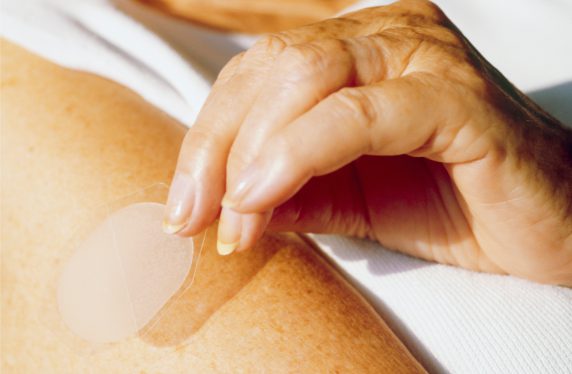Learning objectives
To update you on:
- The diagnosis of the menopause and when to diagnose clinically or with blood tests
- Some of the recent controversies about the risks of HRT and what sources of information are reliable, both for you and for your patient
- The basics of HRT prescribing and where to find more information
- The menopause in patients with HIV
- Management of premature ovarian insufficiency
Author
Dr Toni Hazell is a GP in North London
Menopause is defined by NICE as the ‘biological stage in a woman’s life when menstruation ceases permanently due to the loss of ovarian follicular activity’. The average age of menopause in the UK is 51 and the actual cessation of menstruation is preceded by the perimenopause, a period usually up to five years where some women will have menopausal symptoms but still continue to have periods. The treatment of the menopause with hormone replacement therapy (HRT) has gone in and out of fashion over the last years and decades, with high-profile studies often hitting the headlines, but the nuances of their findings being less easy to explain. This module will explore some of those controversies and discuss treatment of the menopause both with HRT and other prescribable and over the counter options.
Case study – Miss N
Miss N is a 32-year-old woman who came to see you a few months ago because she hadn’t had a period for six months and was definitely not pregnant. You did some initial bloods and were surprised to find an FSH in the menopausal range – you repeated it six weeks later and the second result was the same.
What is the diagnosis?
- Imposibble to say without more information
- Premature ovarian insufficiency
- Menopause
- Perimenopause
Click here to read the full article and download your certificate logging 1.5 CPD hours towards revalidation
Not a Pulse Learning member? Click here to join and gain access to over 400 CPD modules
Pulse October survey
Take our July 2025 survey to potentially win £1.000 worth of tokens














